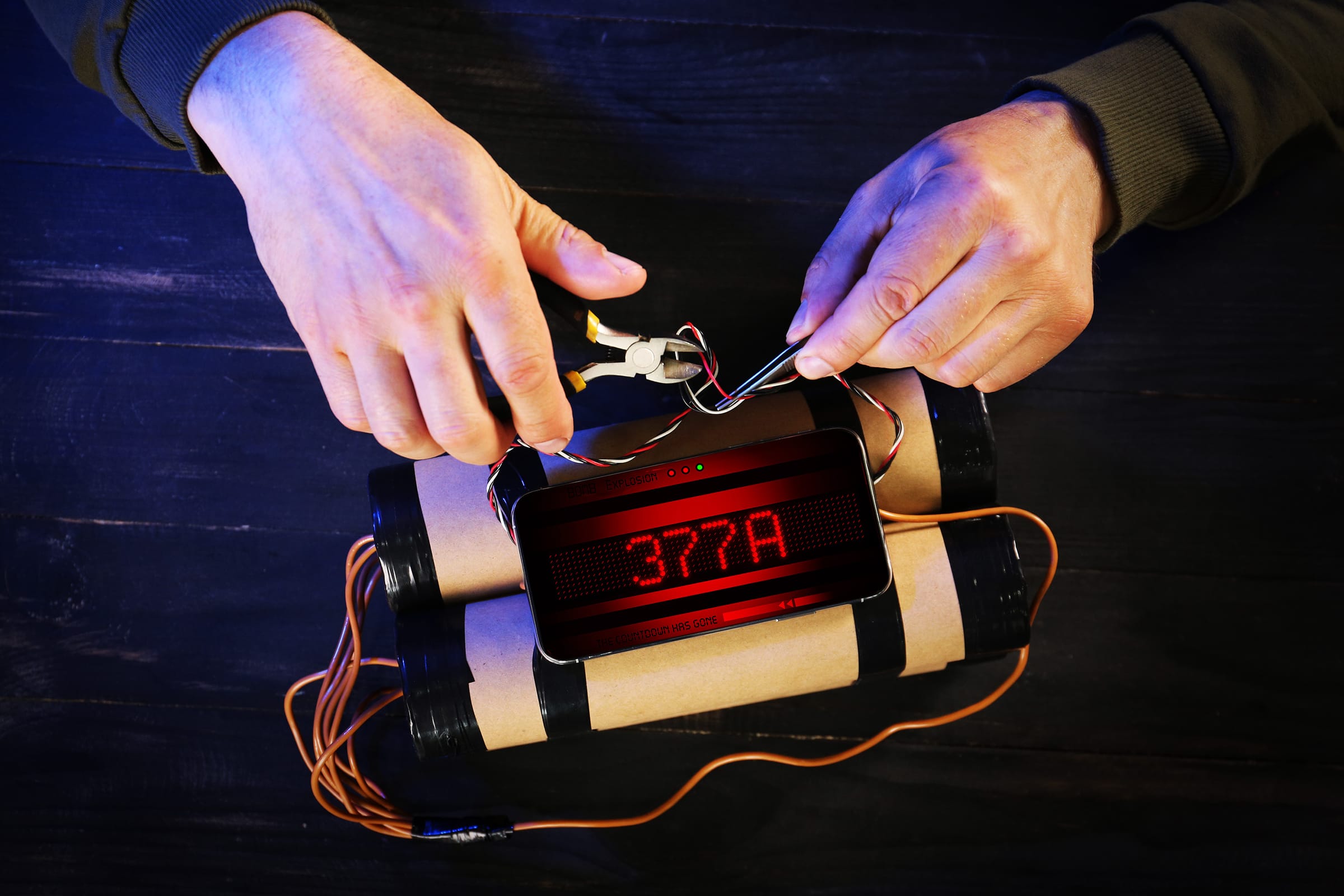Politicians are universally hated in most countries in the world - including democracies, where masses elect the very representatives they later profess to loathe.
Prices too high, salaries too low, handouts too few, can't get a job, neighbours too noisy or the weather too bad - there's always a reason to blame the people "in charge of the country" of not performing miracles.
I, however, have always been rather sympathetic towards them, as they carry out unenviable tasks of trying to please millions on a long list of personal and professional topics - and no matter what they do, they are bound to get attacked by someone who "knows better".
It is no different when it comes to the touchy topic of gay rights in Singapore and the vestige of British colonial legislation which i.a. outlawed sex between males, in the (in)famous section 377A of the Penal Code. 3 years ago I penned a piece for my blog on why Singapore is correct on LGBT rights and why gay advocates and critics are both right, so allow me to return to some of these points.
To any reasonable person section 377A is a legal atrocity. Why keep an antiquated colonial law, passed by administration of a de facto foreign country, former government of the island - and, most bizarrely of all, not enforce it?That said, as absurd as it is/was legally, it was very useful politically - i.a. for the reasons I outlined above.
Why touch a delicate topic, when it doesn't actually hurt anyone anymore, while the majority of people accept the status quo? If it ain't broke, don't fix it.To that end, the executive branch vowed not to enforce the legislation that was considered outdated but did not push for a legal change to avoid the unnecessary controversies, while trying to strike a balance between the sceptical majority and the sexual minorities.
Nevertheless, the issue kept hanging over the government and the country itself. It is not great to see Singapore singled out in the global media for refusing to get rid of a century old British addition to the Penal Code that isn't even used today.
To make it even more absurd, the PAP government kept catching flak for:
A. A law it did not pass.
B. A law that it indefinitely suspended in mid-2000s.
It seems then that, before he steps down, Lee Hsien Loong has decided to finish what he started by freezing its enforcement 15 years ago, and clean up the code along what is clearly the current democratic compromise - i.e. acceding to the reasonable demands of a repeal of 377A (which, logically speaking, should no longer exist), while addressing the concerns of the demonstrably conservative majority by codifying heterosexual nature of marriage into legislation.
The question now is, however, how many people will actually appreciate it?As rational and balanced as the decision is, it may not be seen as such by either of the sides it was meant to placate. Social conservatives may view it as a betrayal of sorts (although I think the emphasis on the heterosexual basis of marriage may reduce the fallout to the minimum) while the LGBT++ crowd is likely to broaden its demands rather than accept this middle ground (after all, as we well know, anything that the left-wing crowd doesn't get is oppression).
It doesn't seem to me that the government has ever had its own ideological designs on the matter but rather gradually adjusted to public sentiments best reflecting the will of the majority - as it does today.
I'm wondering if those who so often like to accuse it of being undemocratic and oppressive will now continue seek to impose their own demands on the entire society, because some other countries did? (that was a rhetorical question, we all know they will)In that case it may, indeed, not be the beginning of the end but only the end of the beginning (of more "activism").
That said, while opposition to 377A had solid logical/legal grounds and could be directed at the government - painted as an authoritarian oppressor - the ideological arguments will now have to genuinely convince most Singaporeans.
What will activists come up with now that the "tyrannical" PAP intends to scrap 377A and the legal solution it announced reflects the views of a democratic majority?





